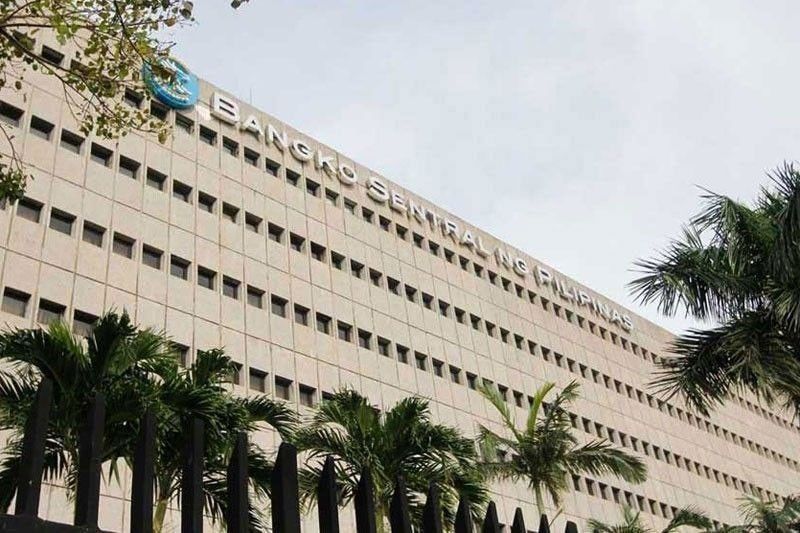FDI up in January but coronavirus dims prospects

MANILA, Philippines — Foreign direct investments (FDI) were off to a good start in 2020, but a full-year recovery from 2019 is unlikely to happen as the pandemic likely tempered investor sentiment even with the government set to offer lower taxes to entice them in.
FDI recorded a net inflow of $657 million in January, up 12.1% year-on-year, the Bangko Sentral ng Pilipinas (BSP) reported on Wednesday. A net inflow indicates more investments entered than left.
The annual growth in January marked the fourth straight month FDI grew, continuing from the last quarter of 2019 when on its entirety, FDI inflows dropped 23.1% to $7.65 billion, culminating to a third straight year of decline.
Going forward, analysts are painting a bleaker picture this year as the lingering pandemic discourages investors from making long-term bets such as FDI, which tends be long-lasting and job-generating in nature.
“On an annual basis, FDI has been falling every year since 2017 and the onset of the COVID-19 crisis is driving global FDI flows even lower,” Sonny Africa, executive director of Ibon Foundation, a think tank, said in a text message.
Some signs of weakness were already showing in the January figures. While equity placements, or new FDI, reversed a $43 million outflow last year, reinvested earnings dipped 5.1%, while inflows through intercompany borrowings between headquarters and local offices dropped a faster 57.9%.
The central bank is yet to release an updated forecast for FDI this year, but before the pandemic hit, a net inflow of $8 billion, higher than last year, was being projected. BSP Governor Benjamin Diokno did not respond to request for comment.
As the coronavirus is expected to temper investor sentiment, the Duterte government has moved to incentivize their entry by tweaking, yet again, its tax incentives rationalization bill, this time by instantly lowering corporate income taxes and giving investors more time to hold on to their perks.
But for Alvin Ang, economist at Ateneo de Manila University, the proposed Corporate Recovery and Tax Incentives for Enterprises Act (CREATE), which has been renamed and rehashed four times already, can only do much.
“I think while CREATE (bill) can help, investors are looking at other angles too,” Ang said in an online exchange, pointing to the contents of World Economic Forum’s Global Competitiveness Report for ideas on what investors essentially look at for an investment destination.
Looking into the report, apart from tax levels, investors are also and more concerned over the quality of infrastructure, ICT, market size, the labor market and overall macroeconomic stability. Overall, the Philippines slipped 8 notches in the latest rankings in 2019.
For Africa, CREATE will only do more damage to the economy since it would reduce state revenues by up to P103 billion in three years, at a time they are most needed. “The even more generous CREATE version of CITIRA is apparently a desperate move to attract FDI,” he said.
“For uncertain FDI gain, CREATE drastically reduces government revenues for COVID-19 response and our other development needs,” he added.
- Latest
- Trending





























